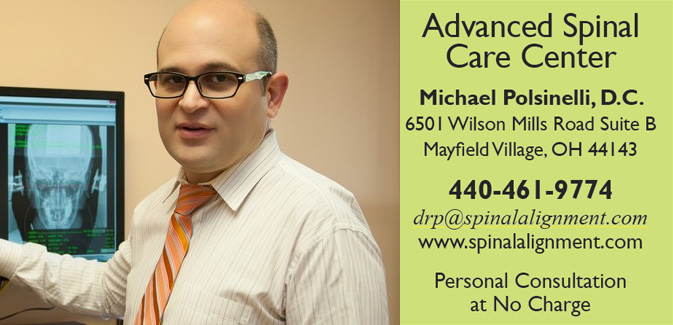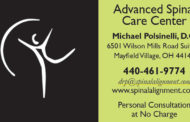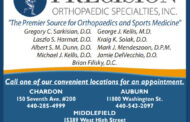An estimated 19 million Americans suffer from depression, with twice as many women sufferers as men.
SYMPTOMS OF DEPRESSION
Depressed people have persistent sadness or pessimism, marked by periods of feeling helpless, hopeless, worthless, or guilty. They may experience difficulty concentrating or remembering things, and lose interest in activities. They often can’t sleep or will oversleep. Weight gain or loss, fatigue, irritability or anxiousness can occur.
IMPACT OF DEPRESSION
Depression can affect family and home life, as well as people’s performance at work. Severe depression can lead to attempts at suicide. If you or someone you know is suffering from depression, encourage them to take action before it gets out of hand.
THERE IS A NATURAL OPTION
Upper Cervical Chiropractic is a natural option that you may not yet realize can help.
As an Upper Cervical Chiropractor, I know that the brain is the master controller of all the body and its parts. The brain communicates with the body through the brain stem, spinal cord, and nerves.
When the first bone in the neck (the atlas) shifts or twists out of position, it can irritate the spinal cord, keeping important signals from going through. This situation can wreak havoc on our health. Seemingly unrelated symptoms including headaches, back and neck pain, depression, fibromyalgia, high blood pressure, asthma, digestive problems, and numbness—to name a few—can show up.
If you suspect an upper cervical or atlas misalignment, or if you have multiple symptoms, please call for a free consultation.
UPPER CERVICAL CHIROPRACTIC AND DEPRESSION STUDY
The Journal of Vertebral Subluxation Research published a study in which over…
70% of participants showed a “marked improvement” in symptoms of depression
…with treatment of the upper cervical misalignment.
Researchers chose participants based on a history of depression along with an upper cervical misalignment. Before treatment, participants filled out a questionnaire called the Beck Depression Inventory II (BDI-II) and were given a score. The BDI-II is widely used in many clinics and hospitals in establishing clinical depression.
Each participant received a tailor-made adjustment. After two weeks, the BDI-II questionnaire was re-administered. Seventy three percent of the participants scored a marked improvement, while 13% showed a slight improvement. The rest showed no improvement or worsened.
In my own practice, I have witnessed the “black cloud lifting” time and again after a patient’s upper cervical adjustment.
source: Genthner GC, Friedman HL and Studley CF. Improvement in depression following reduction of upper cervical vertebral subluxation using Orthospinology Technique. JVSR. Nov. 7, 2005;1-4.
NUTRITIONAL FACTORS CONTRIBUTING TO DEPRESSION
While Upper Cervical Chiropractic can have a profound effect on a person’s depression, we must remember that there can be many causes and factors contributing to a person’s depression.
Some of the nutritional factors that I have come across in my 18 years working in natural health are:
Iodine. Symptoms include being upset or crying for no “real” reason. People can become overly emotional at television commercials or movies. They can have cold hands and/or feet and a lowered body temperature (lower than 98.6o F). Also they can suffer loss of hair either on the head or the outer third of the eyebrow.
Folic Acid, B-6, other B vitamins, and certain minerals are needed to produce serotonin If a person is deficient in any of these, they can suffer from depression. Sometimes deficiencies are caused by toxicity especially from heavy metals.
Finally, some people can not produce energy properly in their body; they will tend to eat lots of sugar or sweet foods. This will give them a quick burst of energy, with a feeling of euphoria, which then leads to a crash.
There are eleven nutrients that I test to help the citric acid cycle or Kreb’s cycle work properly. If you are craving sweets on a regular basis, chromium (or sometimes vanadium) can help.
























